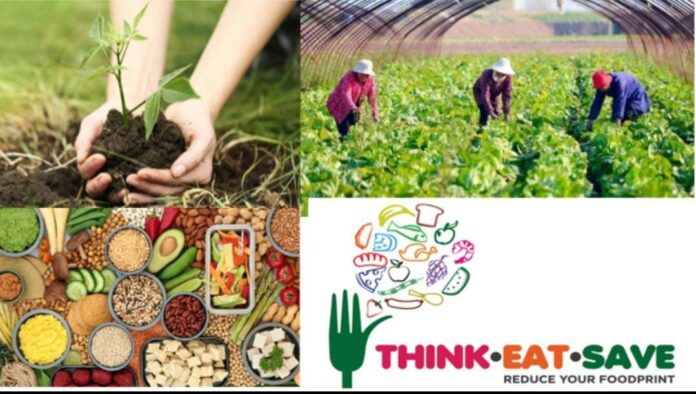On National Youth Day (January 12), environmental expert Supriya Patil recommends five ways in which young people can serve the environment
The enormous impact of young activists like Greta Thunberg on the conversation around climate change is undeniable. Greta was just 15 when she started the weekly strike, ‘Fridays for Future’ and her evolution into an international advocate who in 2019 was named as one of the world’s most influential people by Time magazine, demonstrates the power of a lone, determined young person. There are many young change makers in India also who are working towards the 2030 agenda for sustainable development put forward by the United Nations General Assembly in 2015. But can India, with its large youth population, do more?
Environment expert Supriya Patil who works with social organisation Grow-Trees.com has a few suggestions about how more youngsters can contribute to the fight against climate change.
Consume and waste less
Heedless consumption generates enormous waste and as per CNN’s December 2022 report, India has more than 3,100 landfills, with the biggest standing at 65 metres. These landfills let out methane gas, a more potent greenhouse gas than carbon dioxide. Buying reusable cups, cutlery, bags, and recyclable products and setting up compost bins will reduce the emission of methane and improve carbon sequestration in soil. Young shoppers can also patronise thrift stores and speak up for the planet on their social media sites.
Plant more trees
The Youth of today should maximize the use of technology to their advantage and support organisations that enable people to plant from the comfort of their homes. Grow-Trees.com as one such organisation here which is planting millions of trees across India and creating urban forests to improve poor Air Quality Index. In 2019, Grow-Trees.com also conducted environment awareness and plantation programs with the Youth Development Society of Sikkim (YODESS)
Support sustainable agriculture
A 2022 UNEP article notes how sustainable agriculture uses 56 per cent less energy and creates 64 per cent fewer carbon emissions. Young consumers can support organic farm to table practices, buy local produce, learn more about indigenous farming traditions and even start their own community kitchen gardens to help reduce food miles. Community gardening projects in urban areas, also help in improving the air and soil quality and nourishing the micro-climate.
Consume more plant-based food
A 2014 Oxford University study states that “people who eat meat are responsible for almost twice as many dietary greenhouse-gas emissions per day as vegetarians and about 2.5 times as many emissions as vegans”. Vegans refrain from consuming eggs, dairy and any product that exploits animals. Veganism is not just a fad but a mindful choice that can contribute enormously to the health of the planet. Following a vegan diet can also help preserve habitats, prevent livestock emissions, and stabilise oceans as the meat industry pollutes the marine ecosystem.
Follow energy-efficient practices
Youth can take the lead in advocating energy-efficient practices at their homes, educational institutions, and workplaces. This includes switching off the lights and fans when not in use, curtailing water wastage, using energy efficient gadgets, installing solar panels etc. Supporting sustainable businesses, investing in green initiatives and sensitising others to the need to conserve and preserve the environment can also make a huge difference to the well-being of the planet.





